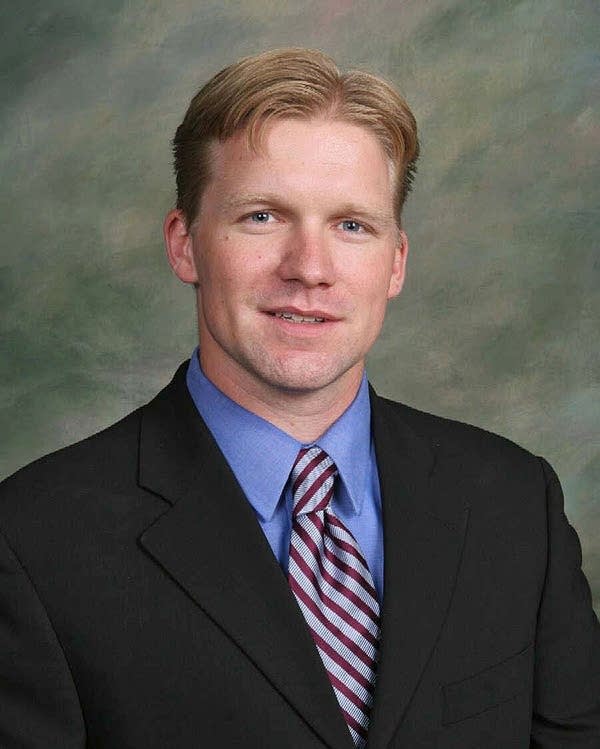Nurses' strike is one symptom of a deeper problem

Members of the Minnesota Nurses Association walked picket lines outside of my workplace yesterday as a result of gridlock in their contract negotiations with Twin Cities area hospitals. But the one-day strike by Twin Cities nurses was a lot more than a disagreement between labor and management in our local hospitals.
It's a sign that our health care safety net is being stretched dangerously thin.
Although other sectors of health care -- especially those not involved with direct patient care -- continue to rake in profits even during a stagnant economy, the part of the health care system that actually takes care of us when we are sick is at a critical point financially. Faced with an economic downturn along with national and state government reimbursement schemes that continue to shortchange basic, primary-care medical care services, our local hospitals are having a hard time making ends meet without either laying off critical workforce or slashing their benefits.
I work for a nonprofit community hospital that, in spite of cutthroat corporate competition and a cumbersome and counterproductive health insurance system, still finds a way to provide first-rate, cost-effective, patient-centered care for our local community. Time and again, studies have shown that community-based, primary-care-driven medicine like the kind we provide at my hospital is the best investment for any health care dollar. Yet time and again the money in health care has found its way into the pockets of the insurance executives, the patent holders and the lobbying firms first.
Create a More Connected Minnesota
MPR News is your trusted resource for the news you need. With your support, MPR News brings accessible, courageous journalism and authentic conversation to everyone - free of paywalls and barriers. Your gift makes a difference.
So while our local news has been covering the strike as a classic battle between labor and management, I urge everyone to consider the strike a symptom of a greater problem.
And this problem will persist until we decide to protect the core medical services we all depend on. When times get tough, we should ask the nonessential medical services, the insurance tycoons, the designer drug makers, and the lobbyist armies to tighten their belts. At least enough so that your nurse can stay at your bedside, instead of rallying in the street.
----
Will Nicholson, M.D., practices family medicine in Maplewood and blogs at triagepolitics.com.
